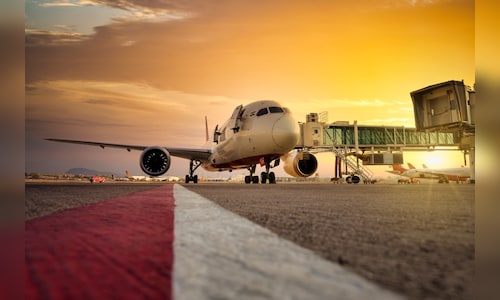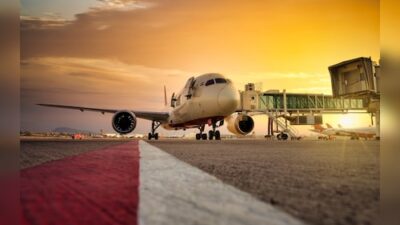The Russian Foreign Ministry has advised its nationals against traveling to both Iran and Israel due to security concerns. It also urged those already present in affected areas to avoid military installations and crowded public spaces.
This advisory follows Israel’s airstrikes across Iranian territory since Friday morning, which targeted nuclear facilities and missile production sites. The Israeli government reported the removal of several high-ranking military commanders in what they described as a long-term effort to curb Iran’s nuclear ambitions. Concurrently, Moscow condemned the Israeli strikes, labeling them unprovoked and a breach of international law.
Also read | Israel Iran War Live Updates: New wave of retaliatory missiles fired at Israel
In a similar vein, the United Kingdom has updated its travel advice for Israel and the occupied Palestinian territories, warning of potential further escalation. “The situation could escalate rapidly and pose significant risks, including missile fire,” stated the UK government on its official travel advice website. Similar alerts were issued regarding travel to Iran, Iraq, Saudi Arabia, Egypt, and Syria, indicating concerns over potential regional spillover.
India has also taken preventive measures. The Indian Embassy in Tehran issued an advisory urging all Indian nationals and persons of Indian origin in Iran to minimize their movements and follow local safety guidelines. In a message posted on X, the embassy stated, “In view of the current situation in Iran, all Indian nationals & persons of Indian origin in Iran are requested to remain vigilant, avoid all unnecessary movements, follow the Embassy’s Social Media accounts & observe safety protocols as advised by local authorities.”
Also read | Explained: Who has the upper hand in the Israel-Iran war? A breakdown of military power
The Israeli strikes mark a significant escalation in the long-standing hostilities between the two nations and have heightened concerns about the potential for a broader conflict that could disrupt stability throughout the region. With airspace closures impacting global travel and increased military activity persisting, governments worldwide are closely monitoring the situation.
(Edited by : Jerome Anthony)
First Published: Jun 14, 2025 12:50 PM IST



